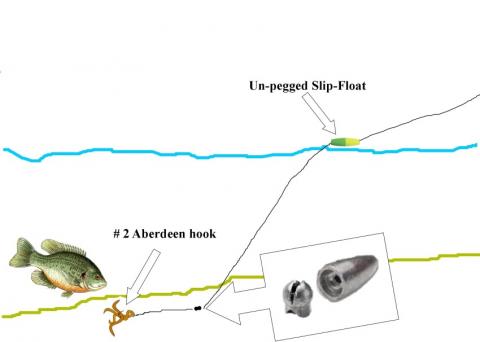Early June is a great time of year to think about getting some food planted for turkeys, quail, or other birds you plan to hunt. WhistleBack is a warm season blend of sorghum, three varieties of millets, Egyptian wheat, and sunflowers. This mix is designed to produce massive amounts of seed and at the same time offer cover for many species of upland birds. WhistleBack contains varieties that all grow and mature at different heights offering food to birds as small as quail and doves on up to pheasants or turkeys. Our modern day food plot planting practices are not very conducive to feeding quail, turkeys, etc; we plant every available open piece of ground for our deer and figure the birds will be fine. It doesn’t take a large area to feed a lot of birds and designating a third or a quarter acre section out of some of your deer plots for a strip or perimeter of WhistleBack will go a long way in feeding your game birds.
The plant varieties in WhistleBack will mature around 90 days and once the seed heads mature and dry up they will begin to naturally drop seeds providing feed for your birds through the fall and winter. This blend also makes a very good bedding area for deer when planted in larger plots and it can also be used for a buffer or a transitional zone between the woods or bedding areas and your other food plots.
The seeds in WhistleBack are all fairly small and ground preparation should be as follows. No-Till drills work great for this blend, most drills have a setting for planting millet or sorghums. If using traditional planting methods, I would suggest spraying the area to be planted a week to ten days ahead of planting with a non-selective herbicide, such as glyphosate, to kill all existing vegetation. Ground to be planted can then be disked or tilled and then cultipacked to create a firm seed bed. WhistleBack can then be broadcast and lightly dragged or cultipack again to incorporate seed ¼ to ½ inch into the soil.
WhistleBack can use about 250 lbs of 13-13-13 per acre, or an equivalent. All the seed varieties in this blend are nitrogen lovers and it would benefit growth and seed production to implement a secondary nitrogen application 4-6 weeks after germination, much like you would corn. Do your part this year and designate some ground for feeding your game birds.
This tip is courtesy of the GameKeepers Field Notes, a weekly wildlife and land management email newsletter produced by the Mossy Oak GameKeepers.
A GameKeeper by definition is someone who truly loves AND lives the land, the critters and nature…not just during hunting season but all the time. A GameKeeper wants to be outdoors every day and work the dirt while living their personal “obsession”.
Find out more about what makes a GameKeeper by visiting our website.




























